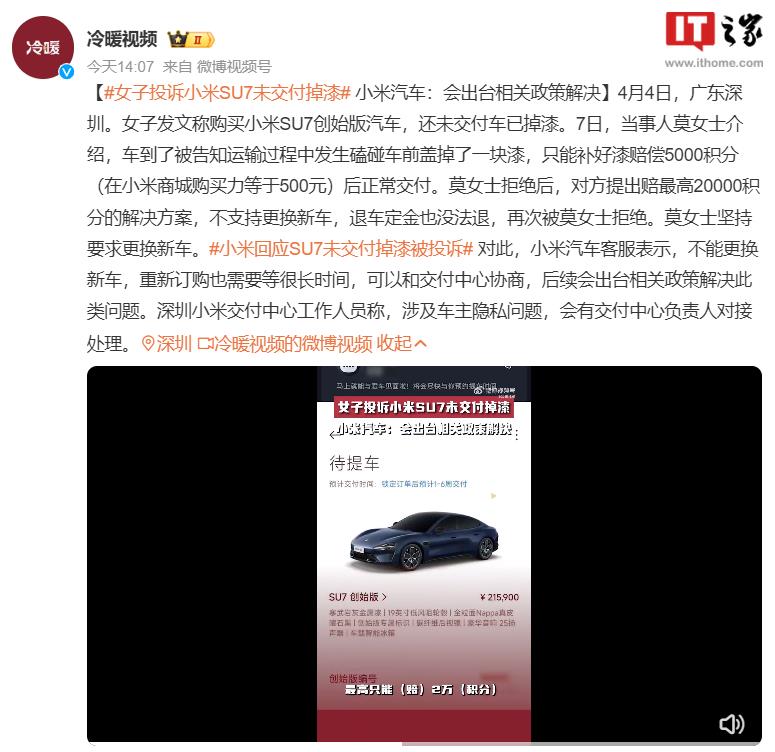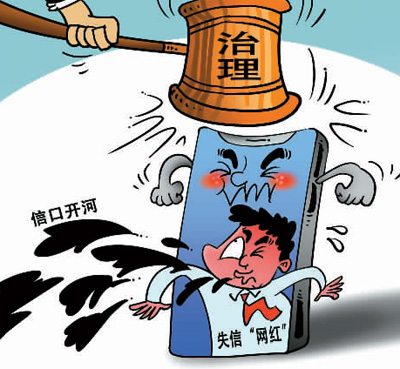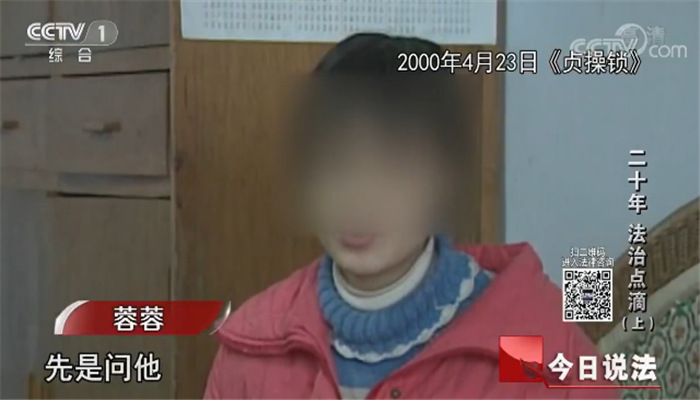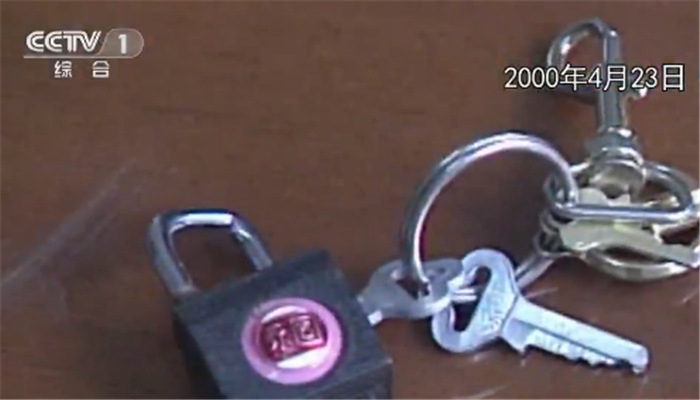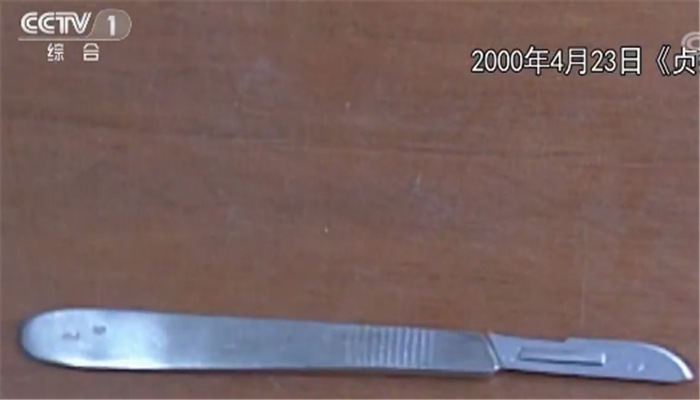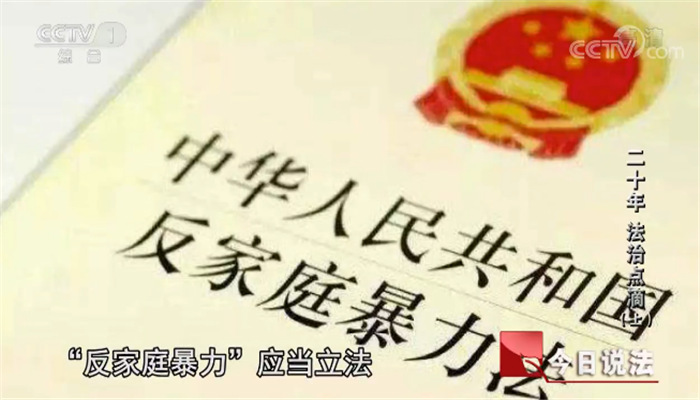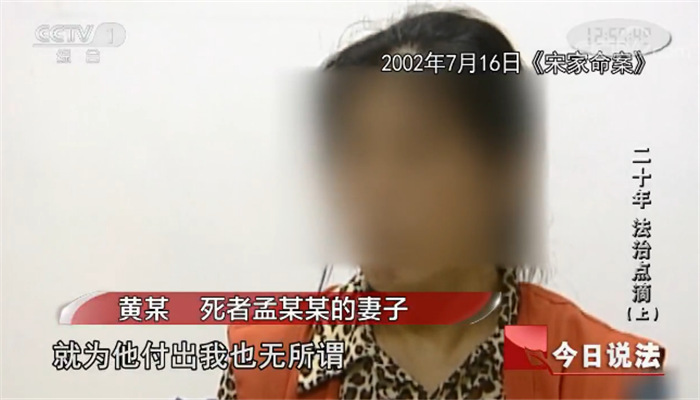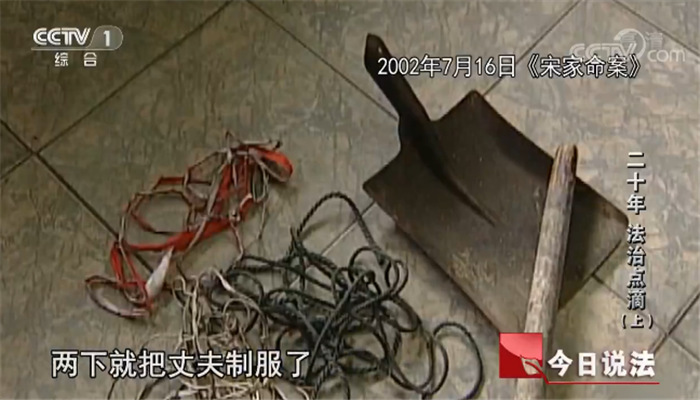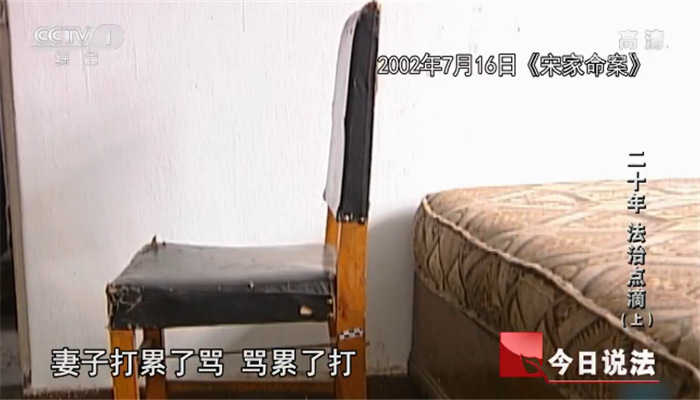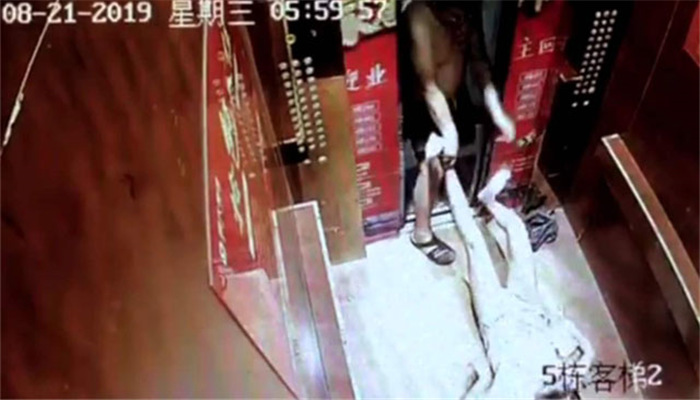
author/Adasi
# Huang Xuan quarrels with Yang Zishan #, # Guan Xiaotong’s father gives Amway white wine to foreign actors #, # Chaoneng’s family has no normal people # ……
When you open Tik Tok, you can always see hot search topics as short as those in parents’ homes. Clicking on them is actually a movie marketing clip. Unconsciously, the deep combination of traditional marketing and content has been immersed into our lives.
Last week, I gave you an inventory of some mainstream film marketing companies (portal "Inventory of Mainstream Film Marketing Companies (I)"). After several rounds of shuffling, some established marketing companies gradually withdrew from the market. At present, either the film and television companies have strong marketing teams, such as Light, Bona, Huayi, etc., or they are attached to capital and platforms. For example, Dark Horse Marketing won Ali’s investment, and immediately film and television was acquired by Confucianism and Italy Film and Television.
Not only the big waves wash sand, but also the fiery short video outlets make short video marketing companies stand on the forefront. A number of emerging companies, such as Beita Culture, Cycling, and Four Four Get Eight, appear in the film marketing team.

Road painting film and television:
Pay attention to the introduction of foreign films and cross-industry cooperation
A few years ago, because of participating in the promotion of Hollywood blockbusters such as Fast and Furious 8, Wolverine 3 and Transformers 5 in China, giving way to painting film and television has established a reputation in the field of film and television industry and brand marketing.
Foreign films help to promote, and the cross-industry cooperation between films and brands is the strong point of road painting film and television. In the early years, I participated in the co-production of Hollywood blockbusters, from the introduction of the Japanese film "Thieves Family" in 2018 to the Japanese niche fantasy love animation "Hello World" this year. The box office broke through 100 million, and there were all road paintings behind it.

The Spring Festival stalls contributed to the cross-border linkage between A Writer’s Odyssey and Audi, which is also a recent successful case of Road Painting.
Road painting film and television also entered the online movie this year, and was responsible for the exclusive announcement of the action film "The Sneak Action of Drug Hunting" at the end of October.

Like a duck to water:
Work closely with Bona
Rudushui Film & Television is a case marketing company established in 2014. From the projects handled by the company, it can be seen that Rudushui has a close relationship with Bona Film, the producer, whether in the early days of "Taking the Tiger Mountain Outward" or "operation mekong" or in Chinese Doctors and The Battle at Lake Changjin today.

Rong Chao, the company’s legal representative, used to be the planning director of Bona Film and the screenwriter of the movie "Wulin Monster". Therefore, most projects produced by Bona Film can always be seen by the marketing team like a duck to water, but the company is relatively low-key and there is not much public information to inquire about.
In addition to film marketing, such as a duck to water, he also participated in the production of the documentary film "Dragon and Tiger Warrior".

Micro entertainment:
Behind-the-scenes stars and their works in front of the service desk
In addition to Bona’s royal use, The Battle at Lake Changjin’s marketing team has another micro-entertainment company that has cooperated with Bona a lot.
Founded seven years ago, Micro Entertainment has done film marketing for dozens of films such as Chinese Doctors, The Rescue and The Captain’s Later Us and The Four Kings of Di Renjie.
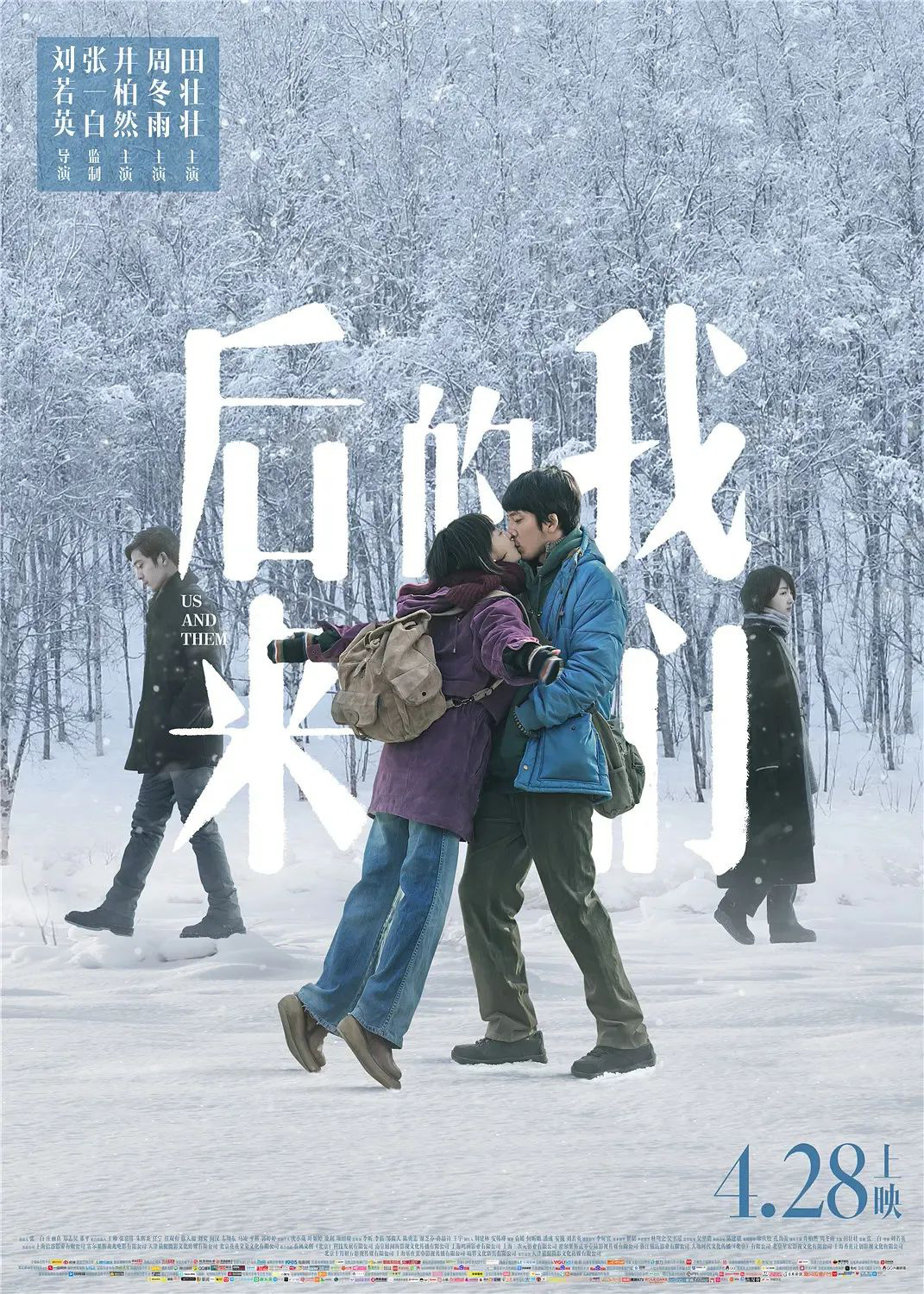
Huang Yiping, the founder, used to be the propaganda director of Tsui Hark Company. Tsui Hark and Bona are deeply bound, so it is not unexpected that the micro-entertainment founded by Huang Yiping has received many Bona projects.
In addition, Micro Entertainment is also responsible for brokerage affairs, providing publicity services for head artists and directors in many fields such as film, television, music and fashion. We have cooperated with Tsui Hark, Rene Liu and Zhang zhen. It can be said that film marketing and celebrity marketing are the two core businesses of micro entertainment.

Small table movie:
Young new forces in film marketing
If you have seen Wrestling! Indian movies such as Dad, Mysterious Superstar and Starting Line, or Japanese film lovers such as Doraemon and Silver Soul, small table movies that are good at young marketing should not be missed.
Zhao Zhuoqun, the founder of Little Table Film, actually studied drama, film and television literature. After several years of hard work in the film and television industry, he made a name for himself in 2015 because he planned the marketing of "Doraemon: Walk with Me", and then he founded Little Table Film and officially cut into the film and television marketing market.
From the initial acceptance of niche projects such as Second Yuan and film criticism, to the present participation in the marketing promotion of popular films such as Seizing the Soul, Bath Buddy, White Snake 2 and Summer Future, Xiaotiao’s ability in creative new media marketing has become increasingly prominent, and the whole team is also very young.

It is worth noting that Xiaotiao Film was invested by Lianrui, a veteran distribution company, in its early days, and now it is backed by Matt Culture, a film and television marketing and production company. YueYang, vice president of Matt, is also one of Xiaotiao’s shareholders.

Dark horse marketing:
Backed by Alibaba Pictures, look at the explosive potential stocks
Dark horse marketing, founded by Du Hao and Andy in 2015, is really a "dark horse" in the film marketing industry:
From Wolf Warriors and detective chinatown series, to Shameful Iron Fist, Flying Life and Ip Man 4, dark horse marketing can be seen behind many explosive films.
In 2019, Dark Horse Marketing was invested by Alibaba Pictures, so most projects in Alibaba Pictures now involve Dark Horse, but it is not limited to this.
This year, Dark Horse Marketing took over many blockbusters such as I want us to be together in Detective Chinatown 3, A Writer’s Odyssey, 1921, Anger and Serious Case, Assassination Storm, etc. Last year, some projects of iQiyi Fog Theater and Youku Suspense Theater were also marketed by Dark Horse.

The names of the brands of Dark Horse are also very interesting, such as basic culture, unlimited imagination, decent culture, whale-like culture and so on. Among them, decent culture has developed well, and participated in the publicity of many projects such as Secret Visitors, First Furnace Incense and Everything About My Mom.

Potato chip culture:
Binding Chen Kexin, Securing High-quality Projects
I first learned about potato chip culture because of the brokerage business of this company: powerful actors such as Tan Zhuo, Ni Hongjie and Lv Xiaolin all cooperated with potato chip culture.
Zhao Jing, the founder of the company, is a senior media person, who once planned and compiled a series of works for director Jia Zhangke.
In 2015, Zhao Jing established potato chip culture, engaged in film and television production, film and television marketing, artist brokerage and other businesses, and participated in the promotion of many high-quality film and television projects such as "Home at One Point" and "Calm Down" in Leap, Better Days.

It can be seen that the company has a close relationship with Chen Kexin’s team. Zhao Jing is the shareholder of Fat Kids Film and Television, a producer in Better Days, and Jo Jo Hui, who has been cooperating with Chen Kexin and Ceng Guoxiang, is the supervisor of potato chip culture.

Collect media:
Focus on the whole case marketing team of film and television
Just four years after its establishment, Jishi Media has participated in the marketing of 50+ popular films such as Psychological Crime, Sewing Machine Band, the richest man in Xihong City, and the ringing of the phone, and its business also involves the promotion of drama series, such as Anjia, Full-time Master, Animal Management Bureau and Sand Sea.
This year, Detective Chinatown 3’s "Secret Visitor", "What Should I Do When My Second Brother Comes" and "Uninvited Visitor" also participated in the collection.

Zhang Weihua, the founder, used to be the general manager of Xiansheng Interactive. After the establishment of Jishi Media, he obtained strategic investment from Joy Pictures. In recent two years, Jishi also established some new companies, such as brand marketing, event operation company, toilet cool entertainment, and Shiguang Interactive.

Taoxiu light and shadow:
New Digital Marketing Backed by Platform
Among the film marketing companies, Taoxiu Light and Shadow is quite special. As a pan-entertainment content marketing MCN organization founded by Alibaba Pictures and Tianxiaxiu in 2018, short video+live broadcast are the two core business segments of Taoxiu Guangying.
Because it can incubate talents independently, Taoxiu Guangying’s film and television announcement does not depend on external delivery. At present, it has customized the layered short video marketing and delivery strategy for The Eight Hundred Leap’s film and television works such as First Furnace Incense and Big Red Packet.

Film marketing is only a part of Taoxiu’s light and shadow business, spanning entertainment content marketing, brand e-commerce live broadcast and other fields. With the creative planning ability of new media and talent matrix, Taoxiu Light and Shadow has become a rapidly rising marketing dark horse in the industry.

Four, four, eight:
Vibrating and blasting money making machine
With short video platforms such as Tik Tok and Aauto Quicker becoming important marketing centers, film marketing companies have also set up short video teams. Short video marketing companies such as "15-20", "Betta Culture" and "Cycling Play" have risen rapidly, and "4-4-8" established in 2019 is one of the leaders.
My Father and I, The Battle at Lake Changjin and Chinese Doctors, Summer Future, Great Dad … Throughout the whole summer and National Day archives, you can see the figure of getting eight out of four in these short video marketing teams.

Yang Yi, one of the founders of "Four-Four-Eight", once worked in Huayi and ByteDance Department, and was quite experienced in film and television marketing and short video planning and operation, which led to the creation of explosive video cases for many film and television projects on the Tik Tok platform.

Immediately film and television:
Mature new army of film and television marketing
As a new company established in October 2020, Lima Film and Television is not well known. The core members of the team are from Road Painting Film and Television, and participated in the marketing promotion of a series of films such as Hi, Mom’s t.a, When Men Fall in Love, Rabbit Violence, online movies Our New Life and Northeast Love Brother.

After obtaining the investment of Fang Ruyi Film and Television produced by Hi, Mom and A Little Red Flower, Ma Yi Film and Television will be responsible for the marketing of Confucianism and Italian projects.
In addition, Lima Film and Television also contacted artists to promote business. For example, Su Ke, the actor of the hit drama "Sweeping the Black Storm", was promoted behind the scenes during the publicity period of the series.
(If you like this article,Click on the topAKA TaodaodaoPay attention to WeChat official account,There is no shortage of good stories here ~)

